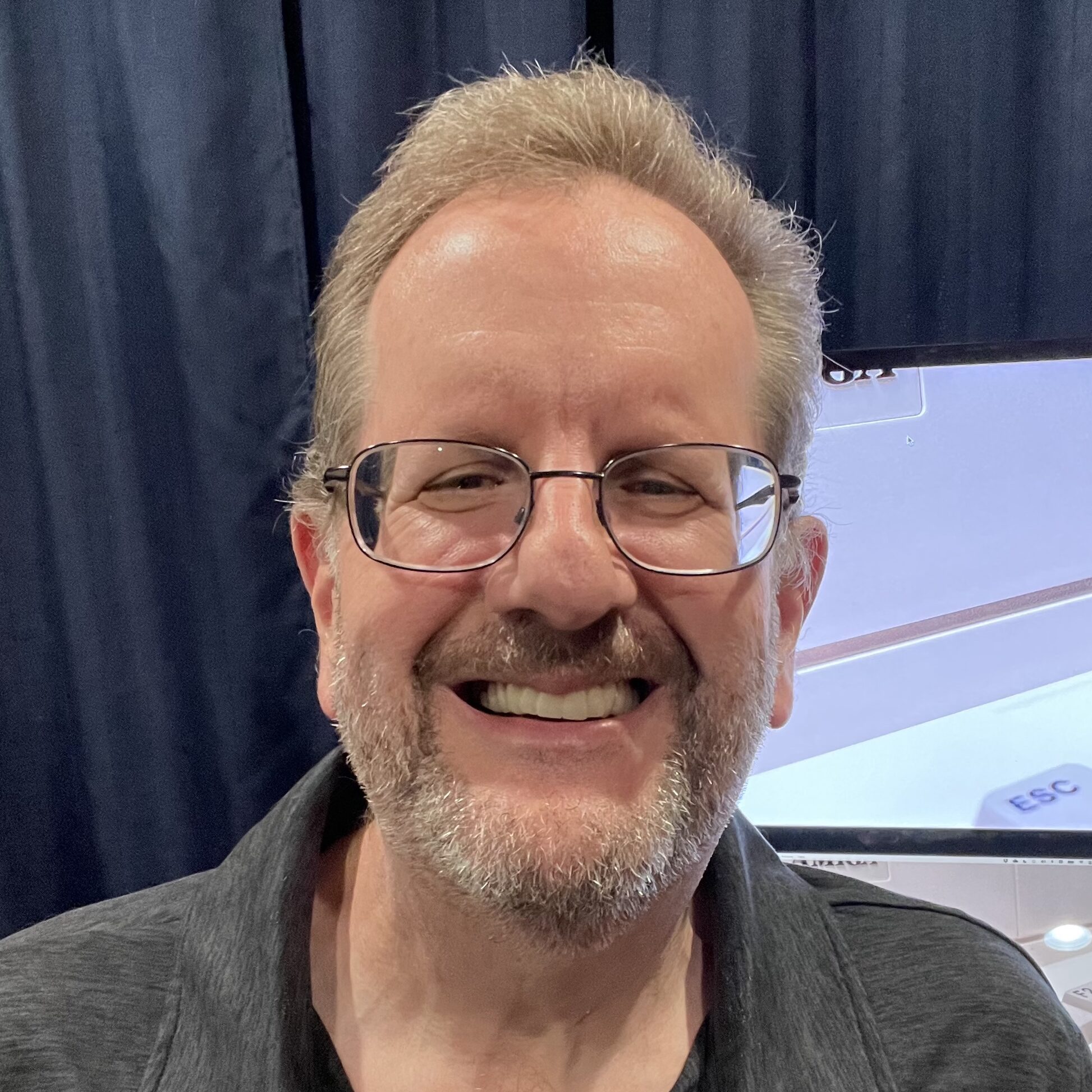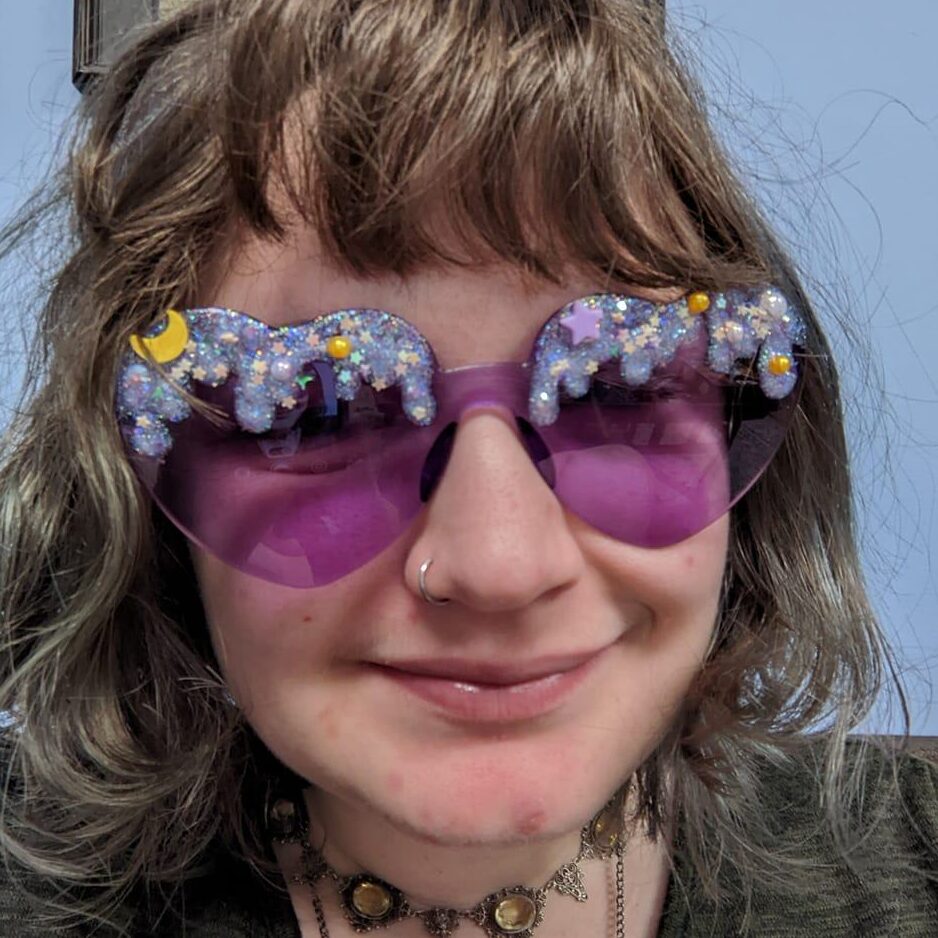When eighteen-year-old Dylan Glass is kicked out of his mom and stepdad’s home, he finds himself living in an RV, challenged by old temptations, and in a new and confusing relationship with the alluring and enigmatic Pearl.
Dr. Oliver Glass struggles with demons of his own. A private practice and a beautiful girlfriend with children of her own can’t make up for a past of tragedy and abuse.
Oliver seeks to reconnect with his son, Dylan, while Dylan seeks love and acceptance. Can they overcome their painful pasts? Or will they surrender to their self-destructive urges?
We spoke with Matthew Arnold Stern, author of The Remainders, about mental health, masculinity, and his future plans for his writing. This interview has been edited and condensed for clarity.
The Remainders highlights the relationship between a homeless son and troubled father, and focuses on their self-destructive urges as well as their relationship. Can you share what inspired these characters?
I wrote The Remainders during a tumultuous time in 2016 when our family was going through some tough challenges. These situations forced me to reexamine my life and question many of my assumptions and beliefs. The Remainders helped me write my way through these hard times and find hope. I think it will help readers find hope in whatever challenges they’re going through.
What is it that got you into writing? Can we expect more books from you in the future?
I got into writing in high school when I went through my first experience of getting rejected by a girl. As a shy sixteen-year-old, I didn’t know how to deal with those feelings. So I started writing them down in a personal journal. My English teacher, Darlene Loiler, read that journal and encouraged me to develop my writing skills. Through writing, I found something I needed – connection. It kept me writing ever since.
My newest novel is a story that I’ve been trying to write since high school. Christina’s Portrait is my way of dealing with the loss of one of my classmates who was murdered on our campus. It gives me a chance to cover many other social issues I saw growing up in the 1970s that we’re facing today. I finished the manuscript earlier this year and have it out on submission. I also have ideas for a science-fiction series that I’ll start next year.
The Remainders covers some difficult topics such as suicide and abuse. Do you have advice for writers that also want to write those kinds of stories?
Write with empathy and compassion.
That starts with the content warning. Most of us have experienced these traumatic events ourselves or know someone who has. These warnings show respect to readers and help them decide if this is a book they feel comfortable reading.
In the story, show the lasting effects of these traumatic events. The pain and loss of security can haunt a person their entire life and lead them to cause even more harm to themselves and those around them. By focusing on the human cost, you can avoid sensationalizing these horrible events and using them for shock value.
Stories like these can provide important lessons on how to deal with traumatic events in the world. Something horrible happens on the news, like a war or a mass shooting. But we go on to the next disaster, and yesterday’s tragedy is forgotten. But it’s not forgotten by those who lived through them. As an example, look at the families who lost loved ones in the Parkland shooting. They are still struggling with it nearly six years later. By showing the lasting effects of trauma, we can show why we should continue to help suffering people even as the TV cameras turn away.
We need more empathy and compassion in the world. You can contribute to it by handling topics like these with sensitivity, respect, and care.
What was the most difficult part of writing The Remainders? And, what was the most rewarding?
Scenes in The Remainders made me cry. In one scene, a character breaks down when he comes to terms with everything that has happened to him. I cried with him. And when characters found redemption and healing, my heart soared with them.
I can only write stories I’m fully emotionally invested in. The Remainders is that kind of story. That made the book challenging to write, but it was also rewarding when all the pieces fell into place. I felt like my spirit was falling into place as the story came together.
At Knee Brace Press, we like to highlight works about mental health, and The Remainders obviously delves into that space. Could you tell us a little more about the mental health aspects of the story?
The stigma in our society against talking about mental health is especially bad for men. We’re taught from an early age to “man up,” “grow a pair,” and “stop acting like such a wuss.” The only acceptable emotion is anger, and asking for help is considered a sign of weakness. If you look at the CDC data for 2021-22, men die by suicide at four times the rate of women. At especially low points in my youth, I also had fleeting thoughts of ending myself.
The Remainders show the consequences of not addressing mental health or dealing with it in unhealthy ways. The solution is to get help. That’s why I included the phone number and website for the National Suicide Prevention Hotline. Since the publication of The Remainders, a new hotline was introduced in the United States. That number is 9-8-8. But if you or someone you know is threatening to commit self-harm, call your emergency service number (9-1-1 in the United States) immediately.
Anything else you would like to share?
The Remainders is available on Kindle and Kindle Unlimited and in paperback wherever books are sold. I’m on Facebook, Instagram, Threads, TikTok, and X/Twitter at @maswriter. You can read more about my books and check out my posts on a variety of topics at my website, matthewarnoldstern.com. My Linktree has links to all my social media, books, and websites.
If you’re in the San Fernando Valley, where The Remainders and many of my other books are set, join me at The Open Book in Woodland Hills (6316 N Topanga Canyon Blvd, Unit 2180, Woodland Hills, CA 91367) on Saturday, January 27 from 1:00–4:00 p.m. I’ll be signing books and answering questions.


